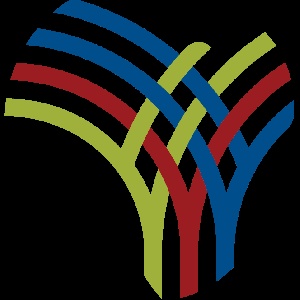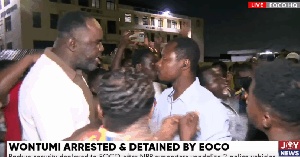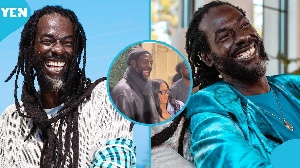Africa News of Friday, 4 April 2025
Source: www.ghanawebbers.com
West Africa: UN Envoy Urges International Support for West Africa and the Sahel
In a briefing to the Security Council on Thursday, the UN Special Representative for West Africa and the Sahel shared a mixed report. The region faces a growing terrorist threat but also shows political progress and positive initiatives.
Leonardo Santos Simão highlighted the crisis in parts of the Sahel. Terrorist groups continue to cause chaos, especially in the Lake Chad Basin. This area includes Cameroon, Chad, Niger, and Nigeria. Mr. Simão leads the UN Office for West Africa and the Sahel (UNOWAS). He recently visited Bama in northeast Nigeria, which has around 300,000 residents.
"Bama has been devastated by Boko Haram," he said via videoconference from Dakar, Senegal. The town hosts large camps for internally displaced persons (IDPs). One camp includes a school complex with about 100,000 displaced people.
Security remains a top concern in the region. Stakeholders emphasize ongoing diplomatic efforts and financial support for the Joint Multinational Force (JMF). This force is currently the only fully operational security entity in West Africa. It consists of five nations: Chad, Cameroon, Nigeria, Niger, and Benin. However, Niger recently announced its withdrawal from this coalition.
"This announcement comes at a critical time," Mr. Simão noted. Security is paramount despite significant military investments improving state authority in some areas of central Sahel.
The envoy welcomed new structures like the anti-jihadist Joint Force formed last year by Mali, Burkina Faso, and Niger. This force contributes to stability and helps strengthen state presence.
Amid tensions, some countries are working towards normalcy. "Mali has launched a disarmament process to demobilize 3,000 former combatants," he stated. Of these, 2,000 will join the Armed Forces.
Other nations are also making strides toward stable governance through national consultations. Guinea expects elections by year-end while Burkina Faso claims control over more than 70% of its territory.
Mauritania's President has initiated national dialogue with opposition parties as well. In The Gambia, recent talks between President Adama Barrow and opposition leader Ousainou Darboe raised hopes for adopting a new Constitution focused on democratic reform.
Mr. Simão also addressed other urgent issues affecting the region. He expressed concerns about inclusivity in Côte d'Ivoire's upcoming presidential election due to past electoral crises.
In Guinea-Bissau, disagreements over presidential terms and election timing pose risks for peaceful processes.
Civilians remain heavily impacted by ongoing conflicts in these regions. "I am worried about reports of unarmed civilians being targeted," he said regarding counter-terrorism efforts that undermine rule of law.
He added that human rights violations persist against activists and journalists as well as political leaders. Thousands of schools remain closed due to insecurity hindering youth development opportunities.
Mr. Simão emphasized that UNOWAS will advocate for implementing Security Council resolution 2601 (2021) on protecting education during conflicts.
Economic pressures worsen conditions across West Africa with high inflation and increased debt impacting government services and infrastructure investment capabilities.
"To build long-term resilience," he concluded, "we need comprehensive approaches prioritizing macroeconomic stability and inclusive growth."











